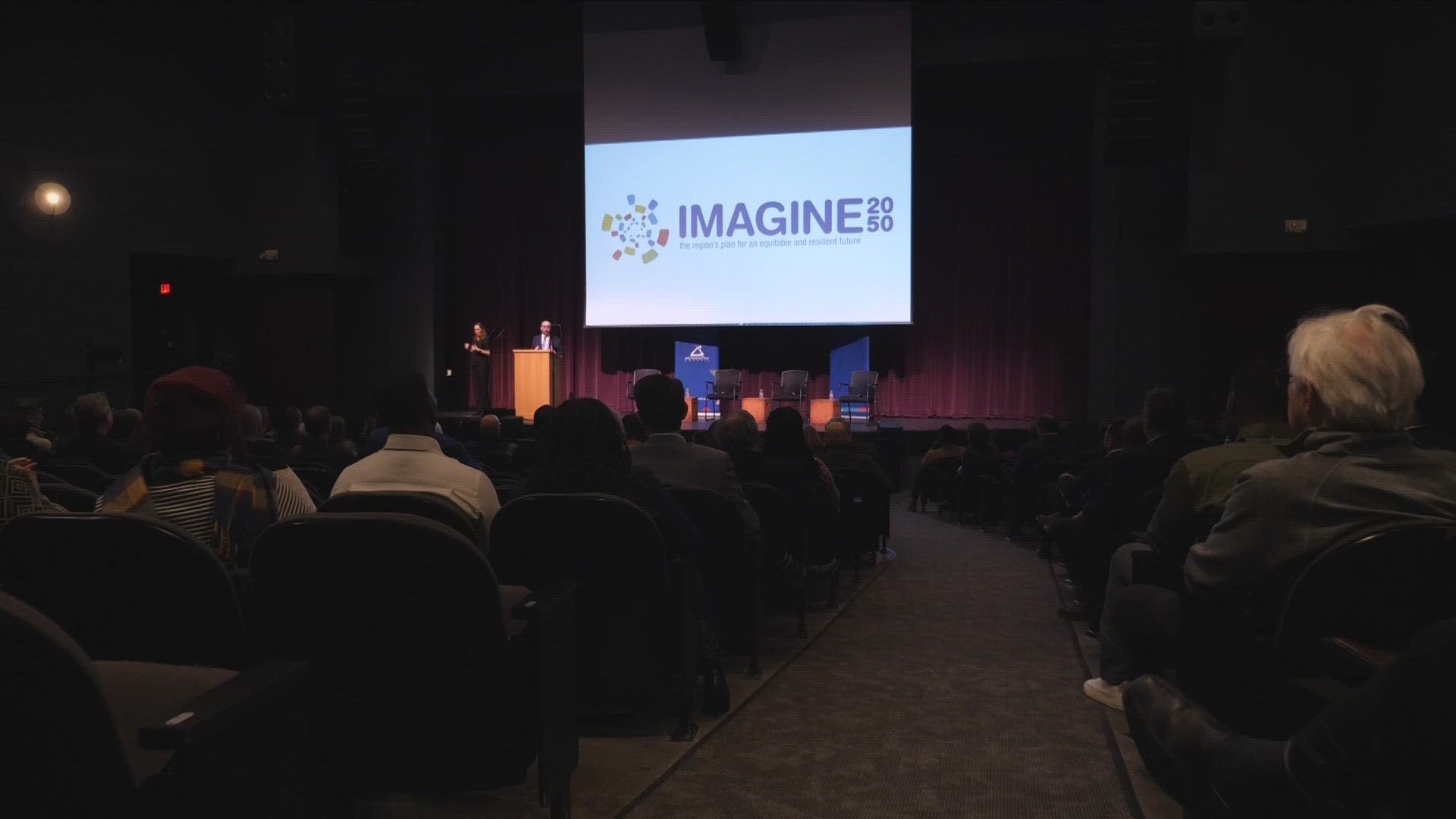ST PAUL, Minn — Right now, the Metropolitan Council is in the midst of helping the Twin Cities area plan for the future.
The planning agency oversees the metro's seven-county area and every decade it works with dozens of cities to develop things like housing, parks and transportation. But recently, the agency itself has been under scrutiny lately and could face an overhaul.
"Met Council has to do what one city can’t do alone, so we have to act together," said the Metropolitan Council Chair Charlie Zelle.
There are 16 other members whose long-term development plans will impact three million people. Another half a million people are expected in the next 15 years.
"Everything from transit to water is done in collaboration, so we do it efficiently and most importantly, so we have access for all," said Zelle.
The legislature created the group nearly 60 years ago, now working with 180 cities and many of their leaders were at Friday's State of the Region event held at the Hopkins Center for the Arts.
At the program, Zelle called the vision for the future Imagine 2050 and called on the local stakeholders to help the Met Council build drafts that will guide its vision and policy plans - many of which address climate change, affordability and injustices.
"We are dedicated to creating systems, policies and programs that repair and heal past harm," said Zelle.
Except, the agency has been embroiled in controversy over its most visible role - transit.
Trains and buses have been hit hard by crime over the last several years and one of the new light rail lines is plagued by cost overruns and delays. Last summer, a new commission was created and tasked with sending recommendations to the legislature about revamping the Met Council, including whether its members should be elected and not appointed by the governor.
"While the legislature may be talking about the governance issues associated with the Met Council, the work is critical, the work needs to be done," said Zelle. "In my view, we're very transparent, we are accountable and we just have to make sure we do a good job."
Lawmakers would have the final say about whether to change the Met Council.
As for its 2050 plan, it will spend the next year drafting policies followed by public comment, with the goal of implementing them by 2026.

